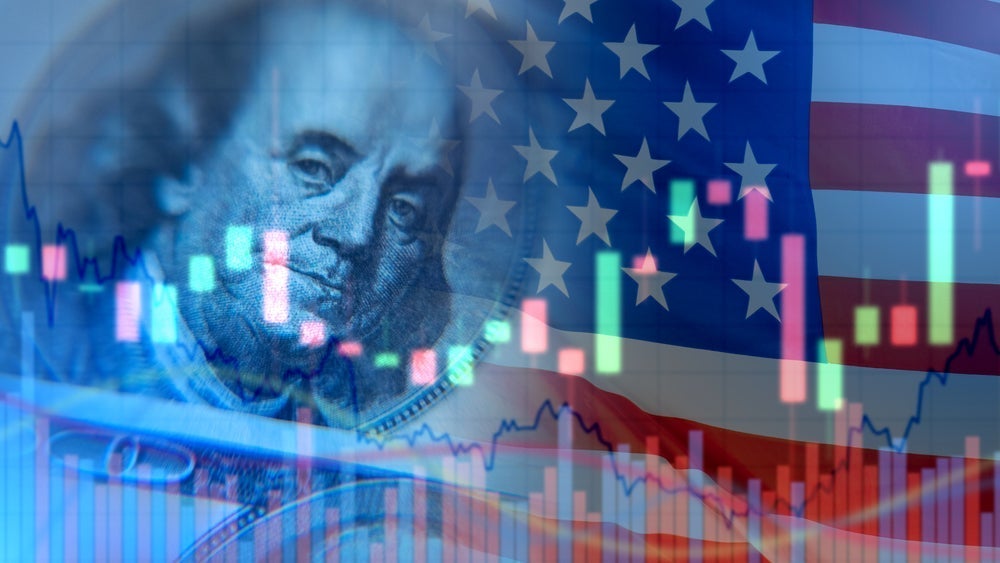
The past week was a rollercoaster ride for the financial markets, with President Donald Trump’s trade decisions taking center stage. Wall Street saw a significant bounce back from session lows following Trump’s optimistic remarks about a potential China deal.
The President’s sudden pause on tariffs also led to a surge in yields, causing experts to point to bond market panic as a key factor. Amidst the turmoil, Goldman Sachs scrapped its recession call, marking a significant U-turn in the financial landscape.
Let’s dive into the details.
Trump’s Optimism Boosts Wall Street
Wall Street managed to trim steep losses in afternoon trading on Thursday, following President Donald Trump’s optimistic remarks about reaching trade agreements, particularly with China. “Would love to be able to work a deal with China,” Trump told reporters at the White House. “I think we will end up working out something good for both nations.”
Trump Pauses Tariffs, Yields Surge
President Donald Trump’s decision to pause tariffs hours after they went into effect led to a surge in yields. Experts are attributing the bond market turmoil as the major contributor to this decision. After the 10-year Treasury yields rose 34 bps from below 4.0% last week to nearly 4.34% on Wednesday, Trump’s pausing of tariffs is being linked to the spike in yields.
Goldman Sachs Withdraws Recession Call
In a surprising move, Goldman Sachs has officially withdrawn its call for an outright U.S. recession. This decision came just hours before President Donald Trump stunned markets with a surprise announcement of a 90-day tariff pause for countries that have not retaliated against U.S. trade measures.
Bill Ackman Criticizes Commerce Secretary
Billionaire Investor Bill Ackman has criticized Commerce Secretary Howard Lutnick for being “indifferent” toward the stock market selloff induced by the introduction of tariffs. Ackman accused Lutnick of having a conflict of interest due to Cantor Fitzgerald LP’s exposure to bond investors.
Cathie Wood Highlights Liquidity Issues
Following a jump in the U.S. Treasury yields, the Secured Overnight Financing Rate (SOFR) swap spreads have widened, signaling a “serious liquidity” issue, according to Ark Invest’s Cathie Wood. Experts believe that only the government and the Federal Reserve’s intervention would be able to contain this crisis.
Read Next:
Photo courtesy: Shutterstock
This story was generated using Benzinga Neuro and edited by Ananya Gairola
Market News and Data brought to you by Benzinga APIs
© 2025 Benzinga.com. Benzinga does not provide investment advice. All rights reserved.

